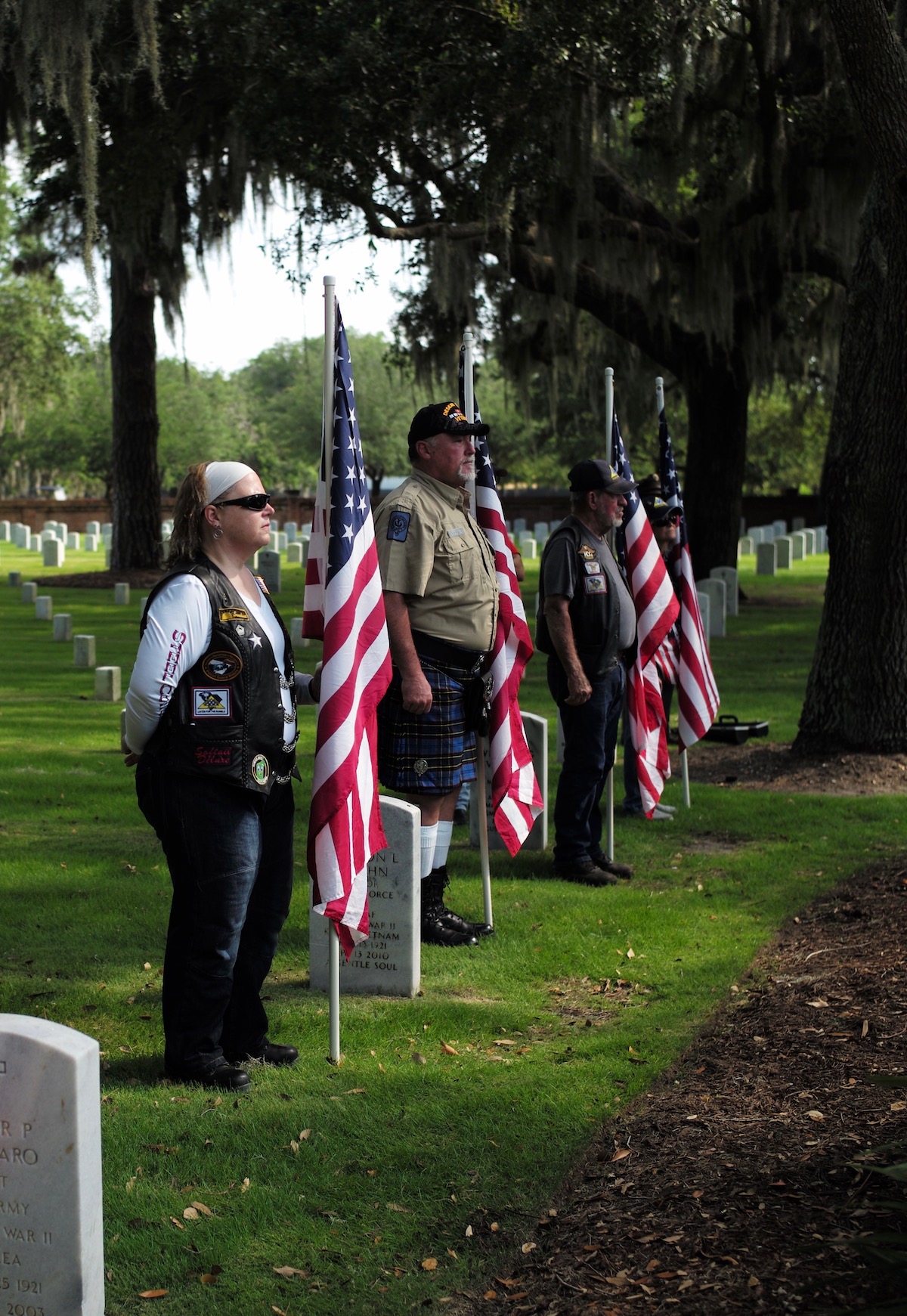Veterans in the Lowcountry of South Carolina and Georgia and elsewhere who are eligible for VA healthcare should take advantage of the excellent eye and vision care (Ophthalmology and Optometry) offered throughout the VA healthcare system. The VA goes far beyond just providing glasses.
Veterans should watch the following VA’s theSITREP — YouTube videos to learn more about VA eye care:
- What types of Eyeglass Frames Does VA Offer? https://www.youtube.com/watch?v=FmMxB7ohI08.
- Optometry Services and How to Schedule VA Appointments. https://youtu.be/Yv2p4njItUA
- Which is better? VA vs. Private Sector, https://youtu.be/QICQ3vXjA7A.
- What Types of Eyeglass Lenses does VA Offer? https://youtu.be/ggsz3B3lo7E.
- Does VA Provide Contact Lenses? https://youtu.be/zzcCHzdjLHk.
- Does VA Provide LASIK Surgery for Veterans? https://youtu.be/_fYjAtNeQbQ.
- Does VA pay for expensive eye medications? https://youtu.be/_U-NoXQtzO4.
- VA Eye Care Services for the Blind, TBIs, & Assistive Tech. (Visual Rehabilitation, Audio Devices, Computer Optical Character readers, Video Magnifiers, Talk Script, etc.), https://youtu.be/Obb4p937cNg
- Eye Care in the Community. Does VA Pay for Private Sector Exams? (Community Care is used sometimes for routine eye exams but vets do need to come back to VA to be fit for glasses, Not every VA has every type of eye care, etc.), https://youtu.be/zPcCJfl_38M
- How Often Should Veterans get Eye Exams? (Healthy folks with no concerning medical problems — every two years, Diabetic Patients yearly, Glaucoma or Macular Degeneration every 3 to 4 months, etc.), https://youtu.be/kFIePf7_Lqo.
- How to Enroll in VA Health Care, https://youtu.be/ZO9snrUHP_A
VA Eye and Vision care
The VA’s ophthalmology and optometry specialists diagnose and provide medical and surgical care for conditions that affect veterans’ eyes — like cataracts, glaucoma, macular degeneration, and diabetic eye disease. VA ophthalmology services include:
Medical care for glaucoma, eye infections, and other conditions,
Surgery for cataracts, traumatic eye injuries, and other problems,
Treatment for eye conditions related to illnesses like diabetes or arthritis,
Plastic surgery to repair droopy eyelids, clear blocked tear ducts,
Eyelid and facial reconstruction, and more.
VA Optometrist
An optometrist assesses your eye health and the quality of your vision through a comprehensive exam. They diagnose and treat many eye disorders that do not require surgery or further specialized care. Some of these services include:
Vision tests and screenings
Prescriptions for eyeglasses and contact lenses
Minor procedures, such as removing a foreign body from your eye
Providing vision therapy and visual rehabilitation services.
Optometrists identify health conditions that many veterans may not know affect their eyes. The American Optometric Association notes there are some 270 conditions (like Diabetes) that may lead to eye and vision changes.
VA Ophthalmologist
An ophthalmologist is a medical doctor who diagnoses and treats diseases, performs eye surgery, and prescribes eyeglasses and contact lenses. They provide the same services as optometrists do, but with additional eye surgery and vision rehabilitation skills.
Two VA Lowcountry Eyecare Clinics
Veterans in the Lowcountry are fortunate to be in the Ralph H. Johnson VA Healthcare System and Medical Center’s service area. Veterans in the Lowcountry may be referred to the Optometry and Ophthalmology Clinic at either the Ralph H. Johnson VA Medical Center, 109 Bee Street, Charleston, S.C. 29401, phone 843-577-5011 or the VA/DOD Joint Eye Clinic, 746 Pulaski Street, Goose Creek, S.C. 29445.
World-Class Services
The VA is focused on serving the veteran. VA eye care services are similar to services provided in the private sector but VA eye care, in many cases, is more readily available, with lower appointment wait times.
VA care is more comprehensive because the VA eye healthcare team has instant access to the veteran’s full medical record. VA healthcare is completely integrated and VA eye care doctors can almost instantly refer a patient to a VA Primary Care Provider or another specialist when needed. VA multidisciplinary collaboration is second to none.
For example, VA doctors can see if veterans are refilling their medications., therefore if the VA is treating a veteran for glaucoma and their pressure is not where the doctor wants it to be, the eye doctor will know if there is a medication treatment failure or if the problem is caused by the patient failing to follow the treatment plan.
Another example is the VA treats veterans with TBI-related eye problems through an integrated team of neurologists, speech pathologists, physical therapists, and eye care doctors. These teams treat together complications and the late adverse effects caused by TBIs.
Huge selection of VA provided eyeglass frames
The VA has come a long way in providing a full range of eyeglass frames for veterans. The VA offers up to 75 frames made by as many as five manufacturers to pick from. VA eyeglasses are top-of-the-line technology. Frames are broadly offered in masculine and feminine categories. Flex frames are offered.
Frames are available in plastic and metal with metal frames being made of either nickel or titanium. Some frames are larger than others to help block out sunlight. Rimless frames are available with shatter-resistant glass (Polycarbonate or Trivex) lenses. See VA theSITREP – YouTube, https://www.youtube.com/watch?v=FmMxB7ohI08.
Wide selection of VA provided eyeglass lenses
The VA offers single vision (same for distance and reading), reading (no driving), lined bi-focal (distance top – reading bottom), no line bi-focal (progressives), photochromic (transition) lenses which lighten and darken in varying degrees of sunlight, and sunglasses. Progressive (no line) lenses provide multiple-distance vision, including a mid-range for computer reading. Progressive lenses are not recommended for people who need to have constant good depth perception (no ladders) or who have neck arthritis and cannot move their head to adjust sight.
Transition Lenses are not recommended for driving in bright light. Photochromic (transition) lenses need direct sunlight to hit them to darken. Because auto windshields already have UV protection in them, transition lenses will not change much. For someone who does lots of driving, sunglasses and other than transition lenses are recommended. Photochromic lenses are great for golfing and other such direct sunlight activities. The chemical in transition lenses will also wear out eventually. If the VA issues you transition lenses and you cannot get used to them, they will issue you bi-focals after you have tried out the transition lenses for a while.
Contact lenses and LASIK surgery
The VA provides these services. This writer made my first eye appointment with the DOD/VA last week. I was offered an appointment the same day but made an appointment for Tuesday, Feb. 3, with the VA/DOD Joint Eye Clinic, 746 Pulaski Street, Goose Creek, S.C. 29445. Call or email me, and I will tell you how the appointment went.
Larry Dandridge is a Vietnam War wounded warrior, disabled veteran, ex-Enlisted Infantryman, ex-Warrant Officer Pilot, and retired Lt. Colonel. He is a past Veterans Service Officer, a Patient Adviser at the RHJ VA Hospital, the Fisher House Charleston Good Will Ambassador, and the VP for Veteran Affairs for the local Army Association Chapter. Larry is the author of the award-winning book Blades of Thunder and a contributing freelance writer with The Island News. Contact him at LDandridge@earthlink.net or 843-276-7164.










